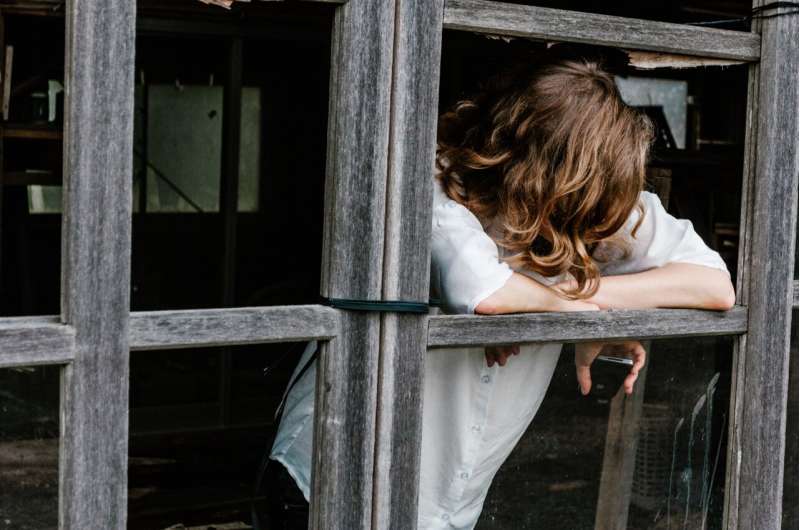Baby loss doubles risk of anxiety and depression

Women who have experienced the loss of a child through miscarriage or early in the child's life are more than twice as likely to suffer from depression as those who did not, a study suggests.
They are also more than one and a half more times more likely to experienceanxietythan those who have not lost a baby before, during, or shortly after birth, the research found.
The findings from the University of Edinburgh draw on 29 studies from 17 countries with analysis on data collected from more than one million women.
Researchers examined studies published between January 1995 and March 2020 on how perinatal loss—the loss of a child during the period from conception through to 28 days post-delivery—affected common mentalhealthoutcomes such as anxiety, depression, and post-traumatic stress (PTS).
The study analyzed the data to identify the factors that may influencemental health outcomes, including the type of loss, the stage of pregnancy, and factors such as income status, in which country the mothers live and their maternal age.
Health outcomes
Researchers also took into account the results of studies into the outcomes of women who do not experience loss, but have difficult births.
As well as the heightened risk of anxiety and depression, the study also found similar levels of these mental health conditions after loss in low, middle and high income countries.
Maternal age had no significant effect on depression outcomes, experts said, but being a younger mum was associated with a small increase in anxiety levels.
Perinatal loss did not result in any significant effects for PTS outcomes, the study found.
"Thestudytakes a step towards mapping the global status of research in this field, providing key information to help understand the link between miscarriage and perinatal loss and mental health conditions. The association between perinatal loss and elevated levels of anxiety anddepressionis consistent across loss types, comparison groups and country income rankings. It provides further evidence for prioritizing mental health following a loss," says Dr. Angus MacBeth, School of Health in Social Science.
Researchers say there are opportunities for further studies, including exploring the impact of recurrent loss on mental health and wellbeing.
Explore further

















